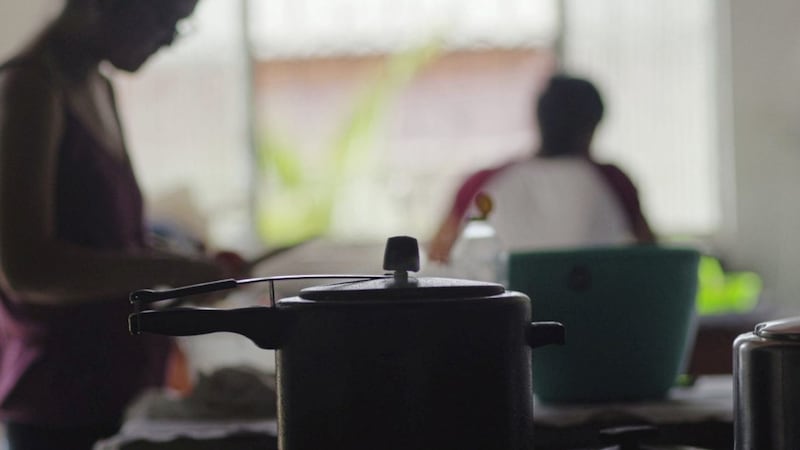AROUND this time of year the Presbyterian Church in Ireland launches its World Development Appeal.
For nearly 40 years, the appeal has been known to raise over £500,000 or more during the Advent and Christmas season, in support of the work of PCI's relief and development partners Christian Aid and Tearfund.
It has raised millions of pounds for projects in some of the poorest communities and disadvantaged places on the planet.
And of equal importance, it also informs and educates those who are part of the Presbyterian Church family across the island of Ireland about just what 'sustainable development' involves.
So, in tandem with highlighting a particular project or projects, the WDA also seeks to deepen our understanding and perspective of sustainable development by highlighting that it is most often extremely challenging and long-term work.
It is a work of faith and courage, endurance and hope, for it also seeks to build within communities a shared and owned vision for a future that is different to that which cultural norms, economic or social justice might dictate.
It seeks to build from the grassroots up ensuring that everyone involved has a voice in the process.
It also seeks to do so without compromising the ability of future generations to meet their own needs.
With this in mind our World Development Appeal is evolving and for the period up to 2021 it will focus on one over-arching theme - the challenges of sustainable development in fragile and dangerous places, in particular gender justice and the prevention of gender-based violence.
In practice this means that the projects highlighted in 2017-18 and 2018-19 will be revisited in 2019-20 and 2020-21.
This will allow us, and those supporting the appeal, to better see how the work that our partner organisations are engaged in is developing in the mid to long-term.
In looking at gender justice and the prevention of gender-based violence, we often find that when civil society is fragile, both men and women suffer.
In the absence of basic structures, life becomes chaotic.
In this environment women suffer yet again, as the incidence of sexual and gender-based violence increases, putting both women and children at risk.
It is in this hostile environment that development work, which embraces gender justice, can hold out hope of a changed future.
Work that builds relationships between men and women, relationships which are justly structured and where both are equally valued, can empower and effect change.
This year our appeal is homing in on the work of a Christian Aid partner organisation in Ariquemes, north-western Brazil, which supports the work of the only church-run safe house in the country for women experiencing gender-based violence.
It is a global issue, with 35 per cent of women having experienced violence, and is something that is particularly pervasive in Brazil.
Since 1985 over 100,000 women have lost their lives at the hands of a husband, partner or family member.
The Casa Noeli safe house offers women, who have the courage to report an abusive partner to the police, a 'safe space' from which they can begin to rebuild their lives.
The refuge was founded in 2010 when the local church responded to community concern about levels of gender-based violence in Ariquemes.
Eight years on it has seen over 1,500 women seek refuge within its walls.
Here they can share their story with those who understand, access their legal entitlements, find housing and gain access to training and education for themselves and their children.
With the support from this year's World Development Appeal, which is called 'Seeking Safety', it is hoped that the safe house will be able to provide a wider range of training courses for the women who come seeking safety and perhaps even become a model for other such projects.
And for Presbyterians across Ireland supporting such development work is, as Rev Elineide Ferreira, the driving force behind Casa Noeli points out, "...putting into practice what the gospel says, putting into action what we hear every Sunday or any day that we are involved with the Word of God".
:: Rev Fiona Forbes is minister of Harmony Hill Presbyterian Church near Lisburn and convener of the Presbyterian Church in Ireland's World Development Committee, www.presbyterianireland.org/world-development








